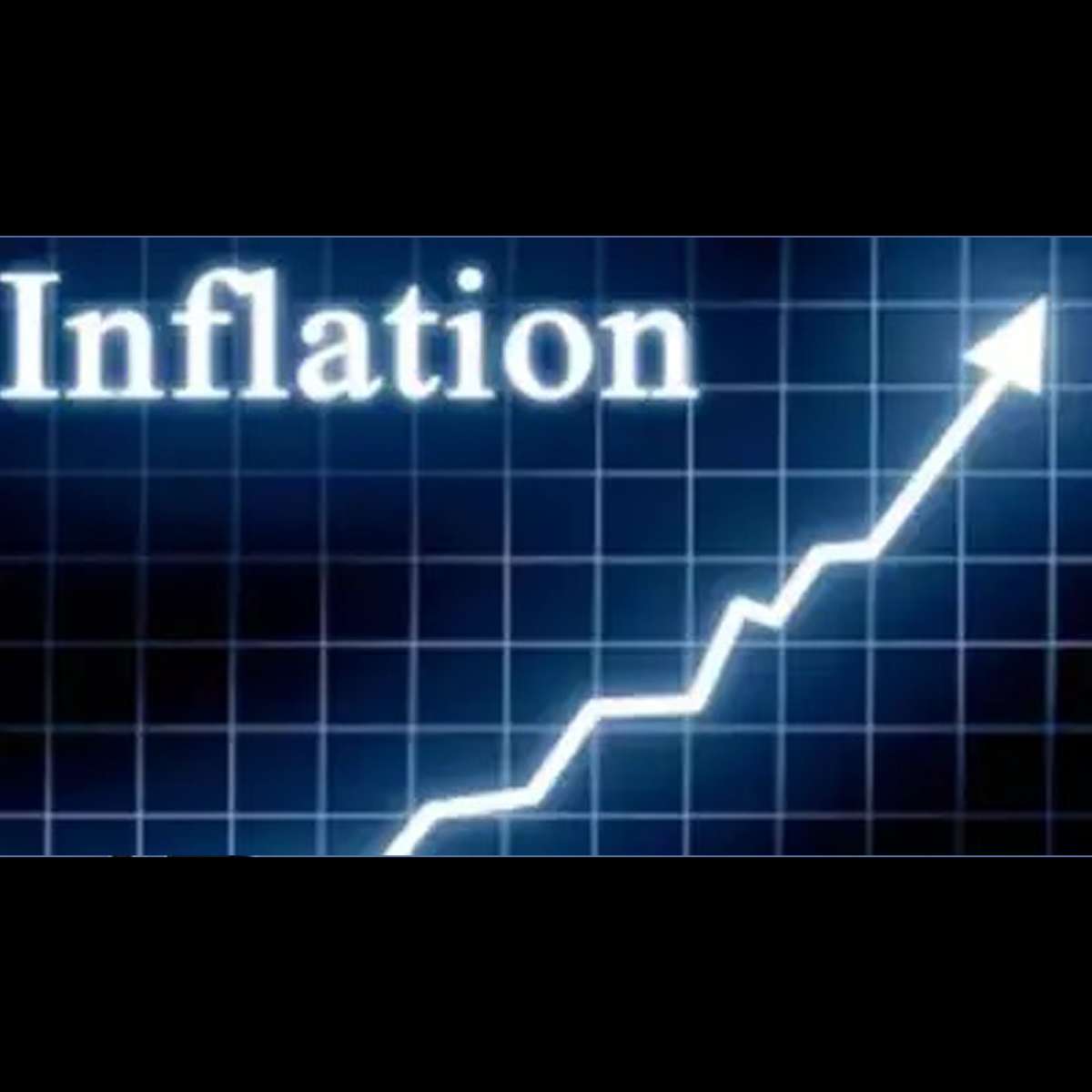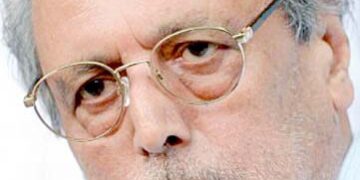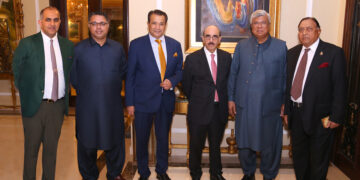Pakistan’s central bank has opted to maintain its key interest rate at 22% for the sixth consecutive term, despite the country grappling with soaring inflation rates. The decision comes as inflation in Pakistan reached a staggering 32.89% on Friday, prompting concerns about the economic stability of the cash-strapped nation.
The State Bank of Pakistan defended its decision, stating that the current monetary stance is necessary to curb inflation and aims to bring it down to a more manageable 5-7% by September 2025. In a statement, the central bank emphasized the need for a cautious approach, citing the urgency to stabilize prices and ensure sustainable economic growth.
The recent spike in inflation follows a 1.35% increase in weekly inflation, according to the Sensitive Price Indicator (SPI). This development comes just weeks after the formation of a new government in Pakistan, signaling early economic challenges for the administration.
Data from the statistics department reveals that prices of 18 essential items have risen, while 14 items have seen a decrease, and 23 products have maintained their prices. The inflationary pressures have prompted Pakistan to engage in discussions with international lenders, including the International Monetary Fund (IMF), regarding the final tranche of USD 1.1 billion under the SBA program.
Reports suggest that Pakistan is considering seeking a new loan program under the 36-month Extended Fund Facility (EFF) during the negotiations with the IMF. Sources indicate that Pakistan may request a fresh loan program in the range of USD 6-8 billion to address its economic challenges and stabilize its financial situation.
















